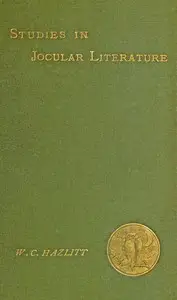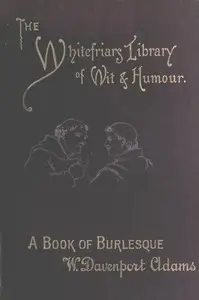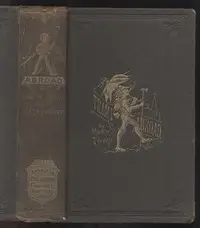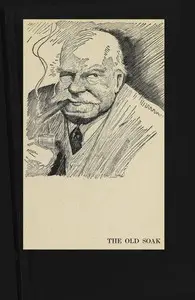"The Seven Lively Arts" by Gilbert Seldes is a compelling look into early 20th-century American entertainment and its cultural worth. It shines a light on art forms like vaudeville and movies, viewed as lowbrow by some, but which Seldes sees as important reflections of the era's energy. The book begins by taking a close look at slapstick comedy, especially masterpieces like the Keystone comedies, and how it has been misunderstood and rejected by critics. Seldes emphasizes the brilliance of comedians like Mack Sennett and Charlie Chaplin, pointing out that society often undervalues comedy as an art. Seldes champions these artists, skillfully placing them within the wider picture of American culture and seeking to elevate our understanding of their craft.
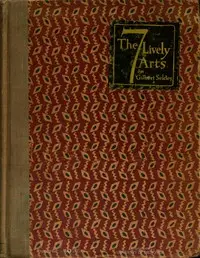
The Seven Lively Arts
By Gilbert Seldes
Dive into the world of forgotten entertainment where silent clowns and lively stages capture the heart of a nation, daring you to question what is truly art.
Summary
About the AuthorGilbert Vivian Seldes was an American writer and cultural critic. Seldes served as the editor and drama critic of the seminal modernist magazine The Dial and hosted the NBC television program The Subject is Jazz (1958). He also wrote for other magazines and newspapers like Vanity Fair and the Saturday Evening Post. He was most interested in American popular culture and cultural history. He wrote and adapted for Broadway, including Lysistrata and A Midsummer Night's Dream in the 1930s. Later, he made films, wrote radio scripts and became the first director of television for CBS News and the founding dean of the Annenberg School for Communication at the University of Pennsylvania.
Gilbert Vivian Seldes was an American writer and cultural critic. Seldes served as the editor and drama critic of the seminal modernist magazine The Dial and hosted the NBC television program The Subject is Jazz (1958). He also wrote for other magazines and newspapers like Vanity Fair and the Saturday Evening Post. He was most interested in American popular culture and cultural history. He wrote and adapted for Broadway, including Lysistrata and A Midsummer Night's Dream in the 1930s. Later, he made films, wrote radio scripts and became the first director of television for CBS News and the founding dean of the Annenberg School for Communication at the University of Pennsylvania.

